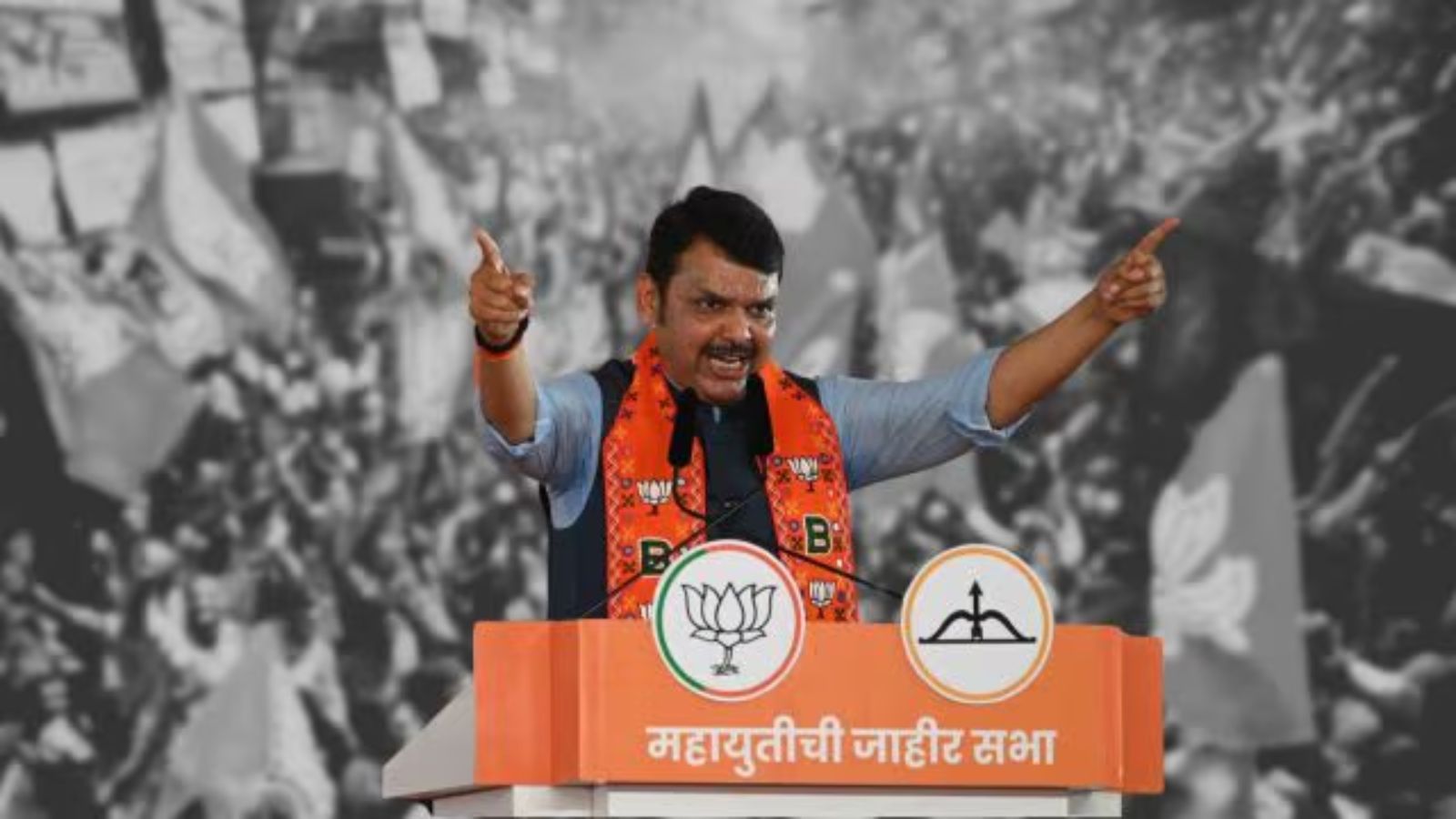 |
|
The recent Maharashtra Assembly elections have resulted in a resounding victory for the Mahayuti alliance, led by the Bharatiya Janata Party (BJP). This victory has set the stage for the selection of a new Chief Minister, and all signs point towards Devendra Fadnavis reclaiming the position. While the Rashtriya Swayamsevak Sangh (RSS), the BJP's ideological mentor, officially maintains a hands-off approach to the BJP's internal decision-making processes, sources suggest a strong preference for Fadnavis. This preference stems from a belief that his leadership is crucial for effectively governing the state, given the BJP's significant mandate. The BJP secured 132 out of 288 seats, establishing itself as the single largest party. This decisive win has solidified support within the BJP ranks for Fadnavis's return to the Chief Minister's office, eclipsing the claims of Eknath Shinde, the current CM from the Shiv Sena, a coalition partner.
The BJP's triumph is especially significant considering their previous setback in the Lok Sabha elections, where their seat count plummeted from 23 to 9. Following this defeat, Fadnavis proactively sought the RSS's support to counteract the Maha Vikas Aghadi (MVA)'s narrative portraying the BJP as anti-constitutional and to address concerns about alleged consolidation of vote banks based on caste and religious lines. Fadnavis's concern, and indeed the RSS's subsequent actions, directly addressed this narrative and the term ‘vote jihad’ used to describe the alleged consolidation of Muslim votes against BJP candidates during the Lok Sabha elections. The RSS, headquartered in Nagpur, responded by deploying its extensive network of workers to conduct awareness campaigns aimed at mitigating the opposition's narrative and bolstering BJP support among the electorate. This proactive strategy appears to have significantly contributed to the BJP's considerable success in the recent state assembly elections.
While Fadnavis has publicly stated that the decision regarding government formation will be a collective one, made in consultation with the Shiv Sena and the Nationalist Congress Party (NCP), and acceptable to all parties, the ground reality appears to be different. Eknath Shinde and Ajit Pawar, leaders of the Shiv Sena and NCP respectively, have pledged their support to the BJP-led government. However, both are likely to leverage their position to negotiate favorable terms for their respective parties. A significant faction within the Shiv Sena still harbors hopes that Shinde will continue as Chief Minister. This internal struggle, however, is overshadowed by the mounting pressure from within the BJP itself to reinstate Fadnavis. This internal pressure, combined with the RSS's apparent support, suggests that Fadnavis's appointment as Chief Minister is highly probable, despite the need for official announcements and necessary consultations with coalition partners.
The dynamics of this situation are complex. The BJP's victory, while decisive, doesn’t guarantee a smooth transition. The role of coalition partners and the internal factions within those parties will play a crucial role in the ultimate power dynamics of the Maharashtra government. While the RSS's influence is undeniable, the final decision rests with the BJP's central leadership. The next few days will be crucial in observing how these various factions navigate this delicate political landscape. The balance of power, the negotiations, and the compromises needed to form a stable government will significantly shape the future political trajectory of Maharashtra. The coming weeks will be instrumental in observing the political maneuvering that will determine the state's leadership.
Beyond the immediate political maneuvering, the implications of this election and the subsequent government formation extend far beyond Maharashtra's borders. The BJP's success in Maharashtra is a significant indicator of the broader political climate in India. It suggests a strong current of support for the BJP's ideology and policies, potentially influencing future elections and policy decisions at both the state and national levels. The way in which the BJP navigates this political landscape, the compromises it makes, and the alliances it forms will ultimately determine the state's policy direction in the coming years and have broader repercussions on national politics.
Source: ‘An able administrator and visionary’: Why RSS will back Devendra Fadnavis to become Maharashtra CM
